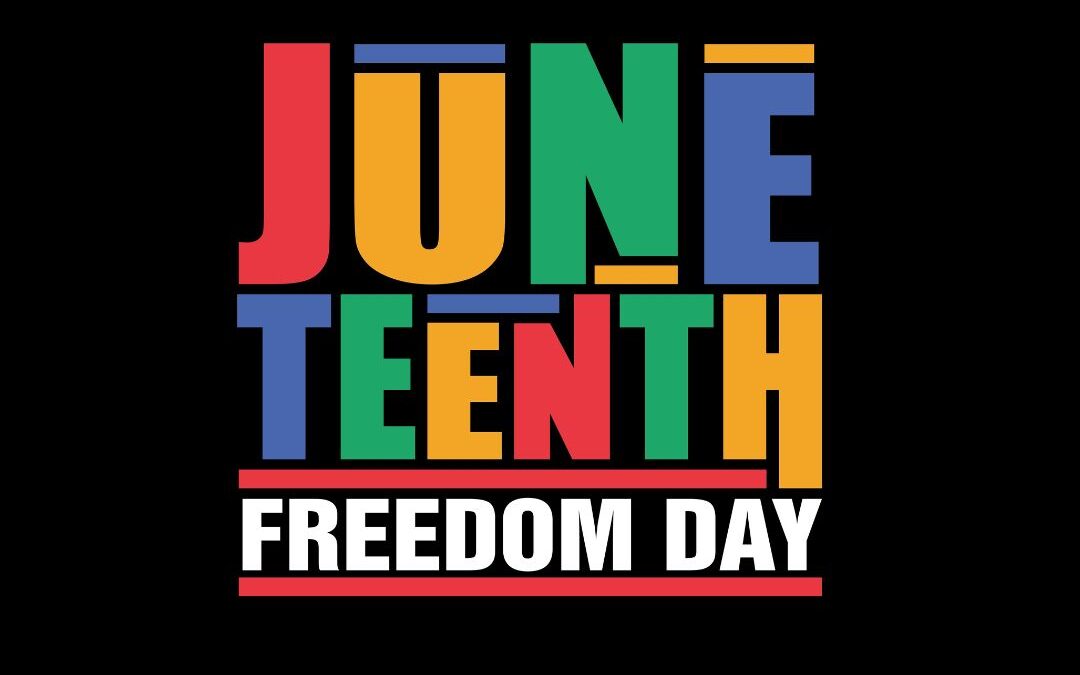I have a friend who asks me every year about what I’m doing for Black History Month.
And I always reply: “Nothing, I’m Black every day.”
And I mean it. I don’t celebrate Black History Month, but I am happy to be a part of celebrations of Black history – when they occur in February or any other time of the year.
I grew up celebrating the official end of enslavement in the United States. As a churched Black kid, New Year’s Eve was spent in church at some kind of testimony service. Then we went home and got some rest and went to this brunch hosted by the local NAACP chapter where we celebrated the Emancipation Proclamation. This was done as Black cultural things were done then – with performances by ACT-SO kids and recitations of Black poetry and a hearty singing of “Lift Every Voice and Sing” – all three stanzas.
We acknowledged that there was something significant about the Emancipation Proclamation, but we didn’t equate that with freedom. We knew that there was and still is an ongoing fight for freedom – and these days “fight” seems like the right word. It’s all too easy for freedoms to be stamped out now – lawfully, illegally but without consequence, in vigilante form etc. And we all have to fight, argue, resist, run and do all we can for our freedom and the freedom for those who come after us. And that’s not just a Black thing.
I appreciate Juneteeth for the reminder that Black descendants of the U.S. slavery system are diverse. We have different histories and experiences. My people are Carolina people and we migrated north up the eastern seaboard. I grew up in Michigan where many Black people were Mississippi Black people migrating north with stops in Memphis, Chicago or Detroit. Living in southern California, many of my Black friends were from Texas, Louisiana and Arkansas Black people – and they celebrated Juneteeth for years because this is a part of their heritage. Of course, Black people know that we are diverse, but too often non-Black people fail to realize that different kinds of slaveries, histories, geographies, foodways creates a wide diversity and fascinating subcultures among the Black descendants of the U.S. slavery system.
So when I say, “I’m Black every day,” I mean that I talk about Black history, Black culture, Black foodways, Black stuff, the need for Black liberation (and a bunch of other liberations) almost every day. Just ask my kid. And I do this because it’s important to me. And it seems to me that if something is a value, important or central to you or your family – well, you talk and live that out regularly.
And whether your Black people found out on January 1st – as my ancestors did – or in June two years later, freedom is to be celebrated, nourished and fiercely protected. Which is hella hard. It’s hard to live like you’re free, when you know laws and society and police don’t treat you that way. It’s hard to think of what’s best for me when that might not be what’s best for most people or the planet. It’s hard to do everyday life in a country that keeps repealing the scant gains of the Civil Rights movement, the Women’s Liberation movement, and still has colonized territories – all of which can directly impact us in the blink of an eye.
You know what I really loved about those January 1 NAACP brunches? The ACT-SO kids (and I was one for some years), the recitations, the singing and the food. I love the presentations of how African Americans continue to create life, art, love, faith, culture and community from the crucible of slavery, with a deep quest for freedom, and in incomprehensible beauty. And I’m all for celebrating that.




